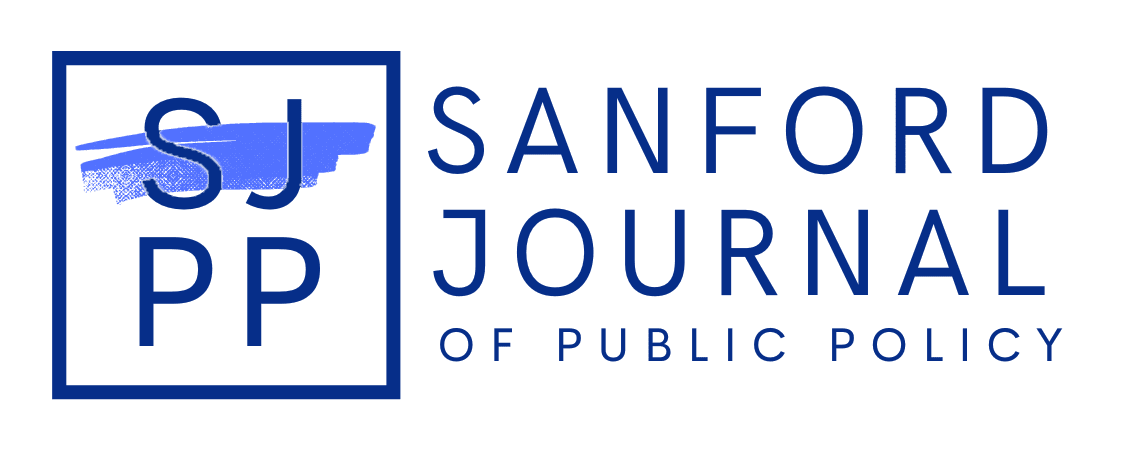The New England Journal of Medicine recently published an editorial proposing that the U.S. implement a cap-and-trade system regulating foods that contain excess salt, sugar, and fat. The authors suggest that the U.S. food supply can be compared to a polluted environment, in which excess quantities of these ingredients are externalities that contribute to public health problems like obesity and hypertension. The difference between these “food pollutants” and environmental pollutants is that people can choose not to consume excess salt, sugar, and fat, whereas it is almost impossible for people to avoid exposure to environmental pollutants. However, implementing a cap-and-trade system for excess unhealthy ingredients could reduce the overall level of these ingredients available for people to consume. This type of system is probably more politically feasible than a direct regulation like a soda tax, and it would be interesting to see if such a system would ultimately have any effect on public health problems like obesity.
You Are Here: Home » A Cap-and-Trade System for Food?

